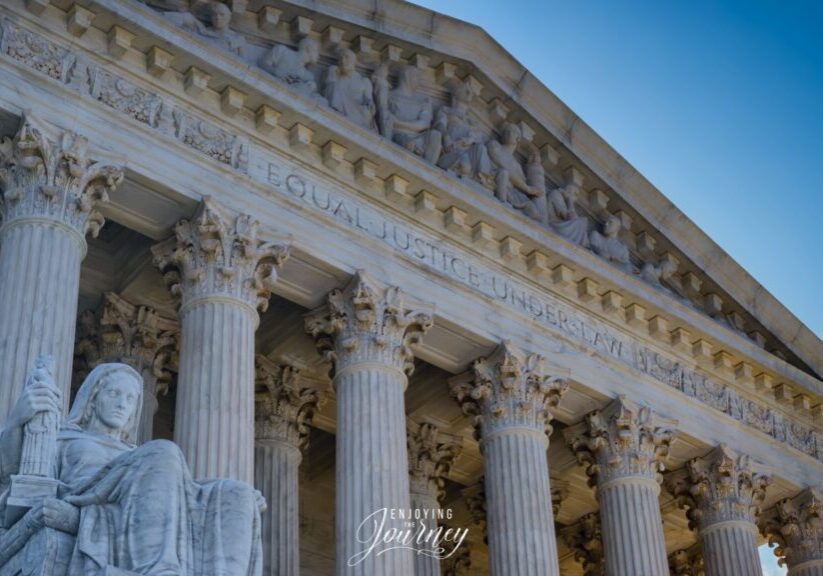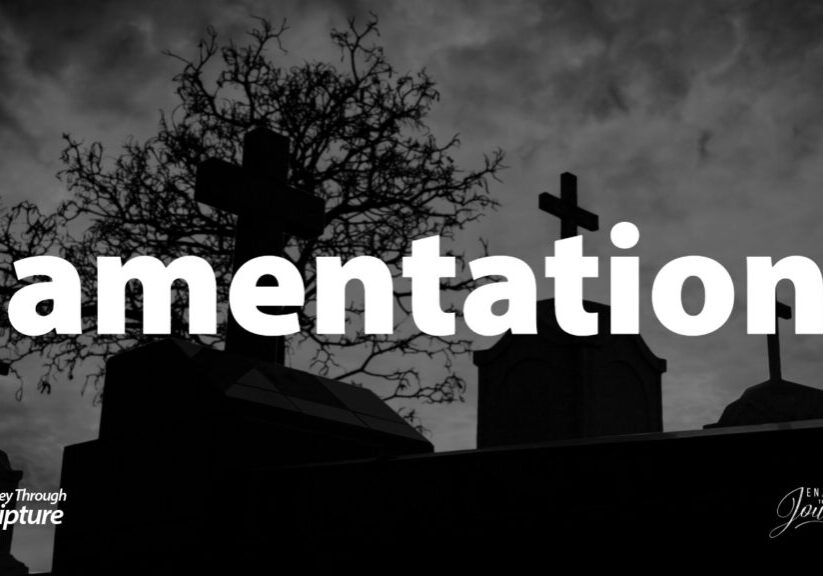 On a recent flight a lady commented to me that she loved the hymns but found it very difficult to find a church now that would sing them. This is increasingly becoming the norm. While I am not opposed to new songs and choruses, I thank the Lord for the great hymns of our faith.
On a recent flight a lady commented to me that she loved the hymns but found it very difficult to find a church now that would sing them. This is increasingly becoming the norm. While I am not opposed to new songs and choruses, I thank the Lord for the great hymns of our faith.
My favorite hymn is a rarely sung song written by Charles Wesley, And Can It Be? Read the words sometime! It is full of theology. Someone said “it is like putting the doctrine of salvation to music.”
Music teaches. It does more than simply make us “feel” – it should make us “think.” This is why the Bible says, “Let the word of Christ dwell in you richly in all wisdom; teaching and admonishing one another in psalms and hymns and spiritual songs, singing with grace in your hearts to the Lord” (Colossians 3:16).
Ephesians 5:19 says it this way, “Speaking to yourselves in psalms and hymns and spiritual songs, singing and making melody in your heart to the Lord.” In both passages it is clear that songs speak. Hymns have a message.
In our music we speak:
- To God
- To ourselves
- To one another
This morning the Lord impressed on me the significance of the last thing Jesus did with His disciples at the last supper. We know He washed their feet. We know they broke bread. We know they took of the fruit of the vine. But have you ever truly considered the last act?
“And when they had sung an hymn, they went out into the mount of Olives” (Matthew 26:30).
They sang…a hymn. Most Bible teachers believe that in keeping with the passover tradition they would have sung the Jewish Hallel – Psalms 113-118. (Take some time and read these psalms slowly out loud. Imagine Christ singing these words on His way to Calvary!)
Notice it is the last thing they did. Hymns serve as a divine exclamation point and a preparation for what is to come.
- Sing a hymn at the end of your devotional time. I have been using a book recently of great hymns and incorporating one each day into my quiet time. Singing to the Lord is a key part of personal worship and it will put a song in your heart for the whole day!
- Sing a hymn at the end of the day with your family. The Lord Jesus was singing with His disciples as night began to fall in the old city of Jerusalem. It is beautiful when families sing together, and even more so when they are singing God’s truth. Have a hymn book in your home and use it.
- Sing a hymn at the end of your church meeting. A church I was in last week began to really sing at the end of the service. I have noticed this in many places: people sing better after the preaching and after their response to it. A spirit of revival will always produce more heart-felt singing. We do most of our singing at the beginning of a service, but perhaps we should do more at the end.
- Sing a hymn as you approach new tasks or trials. Christ did. He literally sang His way to the Garden of Gethsemane. Hymns prepare the heart and help to bring every experience of life into the presence of God.
I have been using hymn stories in my messages for some time. They are powerful illustrations of truth and they help to get people interested in them again. There is a story behind, and a message in, the great hymns of our faith. Choose a hymn today and make it your own!







Brother Pauley, this is a great article. It has helped to encourage me very much. The Lord has been dealing with me about incorporating hymns in family devotions and also the history behind these great hymns. Are there any books you could recommend that give the history behind the hymns? I have Dr. Reese book already, but I have been wanting to find some more books on hymn history.
God bless you and praying for you!
Josh Sweet
Thanks for letting me know, my friend. There are a number of online resources that you can find for hymn histories. “Then Sings My Soul” by Robert Morgan is a good resource by a great author. God bless you all!
Amen and Amen! So well said and so true. Thank you for the Biblical explanation for hymns of the faith.
Great to hear from you. I hope you all are doing well. We are praying for you.
One of my all time favorite hymns is “A mighty fortress” written by Martin Luther. Every verse is doctrinally sound. When it was written few had a written Bible, so important that the people could sing and learn God’s truths.
I consider myself extremely blessed to belong to a body of believers who still sing God’s truth out of a hymnal.
I was brought to believe that if it couldn’t be preached or prayed it shouldn’t be sung.
Thank you for your faithfullness.
Wonderful. Thanks for sharing!
My favorite is Grace Greater than all my Sin
A powerful song!
Brother Scott, Thank you for this important thought. When we finally are in the presence of our Lord Jesus, we will be singing His praises forevermore. Just wait until the choir in Heaven begins singing the “Hallelujah Chorus”, it will be like something we’ve never known before! Your friend in Christ, Marc
It is so good to hear from you. I think of you often and we were talking about you just the other day. Thank you for your faithfulness to sing and preach for Christ. Love you.
Great article. Some of the older hymns have deep truth and doctrine!
Amen. Thank you!
Amen. Thank you, brother Scott.
Thanks for taking time to read my thoughts!
This is good and healthy for lovers of hymns at all times